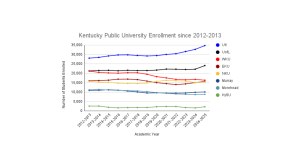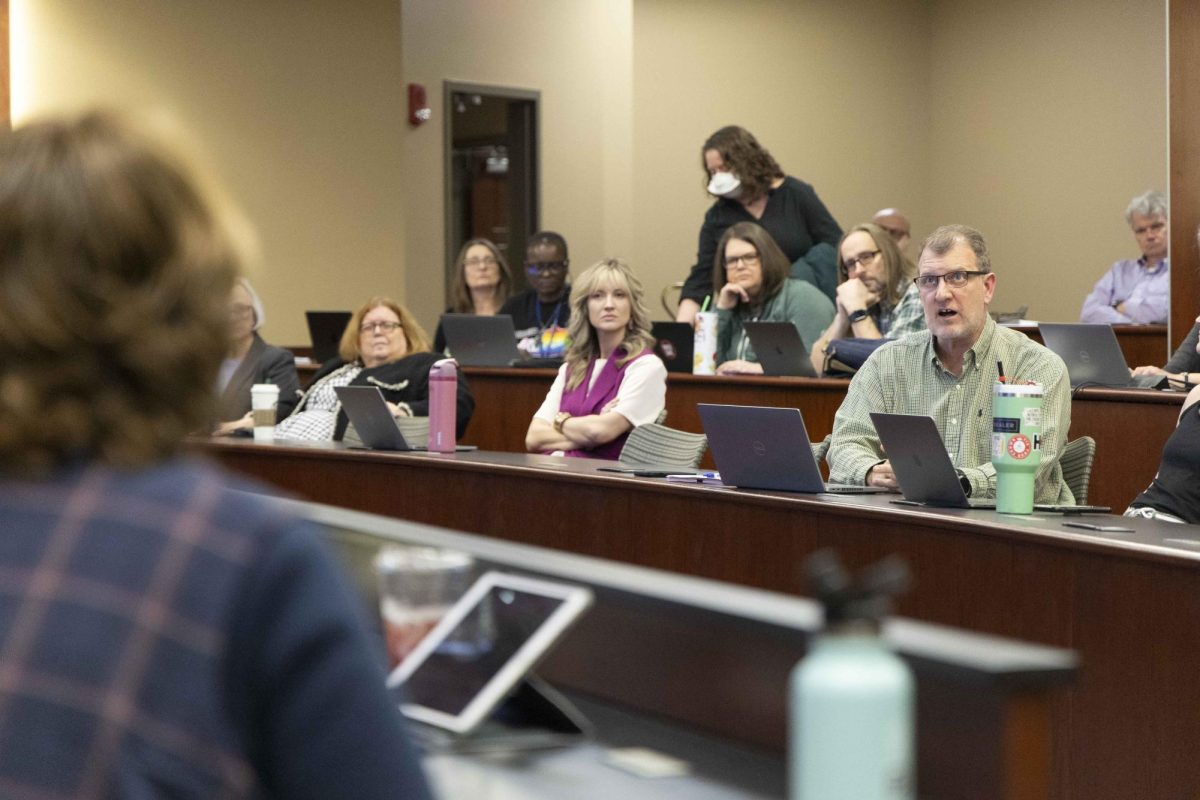Health Services introduces HyGreen hygiene system
February 13, 2014
WKU Health Services has utilized advanced technology to remind healthcare workers to do a simple task— to wash their hands.
As the result of a partnership, WKU Health Services has implemented the HyGreen Hand Hygiene Recording and Reminding System. The system reminds employees to keep their hands clean as they care for the numerous patients they encounter on a daily basis.
Keith Lancaster, manager of Healthcare Information Systems, said the system works by having healthcare workers wear a special badge assigned to them. Before workers begin taking care of the patient, they wash their hands with a special soap, gel or alcohol-based cleanser.
The workers place their hands underneath a special sensor that detects the presence of the soap or alcohol and then determines if the hands are clean. The workers then go into the patient’s room and wait for a special scanner in the room to read the badge they are wearing via wireless signal.
If the workers leave the room they are ‘assigned’ to and goe to another one without rewashing their hands and rescanning them through the hand sensor, the badge they are wearing sends a gentle vibration as a reminder to do so.
All scans are recorded in a special database that monitors and provides information about hand hygiene in the facility.
The system was developed by HyGreen, Inc., a company based in Gainesville, Fla. Despite the distance, the company has an engineering group that works with the Central Region Innovation and Commercialization Center in Bowling Green. This helped nurture the relationship between WKU and HyGreen, said Lancaster.
The manager said the partnership allows HyGreen to collect hygiene information and test certain changes to the product, such as the duration of battery life for the badge, while allowing WKU access to new technology.
“We’re just constantly looking for ways we can innovate, be more efficient and provide better healthcare,” Lancaster said.
According to medicalnewstoday.com, 271 people a day die from Healthcare Acquired Infections, infections patients acquire while they are receiving healthcare treatment.
Lancaster said this is a major concern.
“It’s basically the equivalent of an airliner crashing everyday and everyone on board dying,” Lancaster said.
A large part of these infections are due to cross-contamination. Healthcare workers neglecting to wash their hands after they finish caring for a patient can cause infection for another patient, said Lancaster.
Mark Klusty, director of engineering for HyGreen, said the motivation behind the product was to prevent this.
“Our thought process there was basically we can prevent those infections from ever occurring by making sure that healthcare workers are washing their hands prior to interacting with patients,” Klusty said.
Lancaster said one of the system’s goals is to modify behavior while not being disruptive to healthcare staff’s regular routine.
“It has to be something that doesn’t interrupt the flow,” Lancaster said.
The system, implemented last September, has had a major impact on hygiene in the facility. Lancaster said the staff has embraced the technology and hand hygiene efficiency has improved.
Although the partnership is only months old, Lancaster hopes it lasts a long time.
















